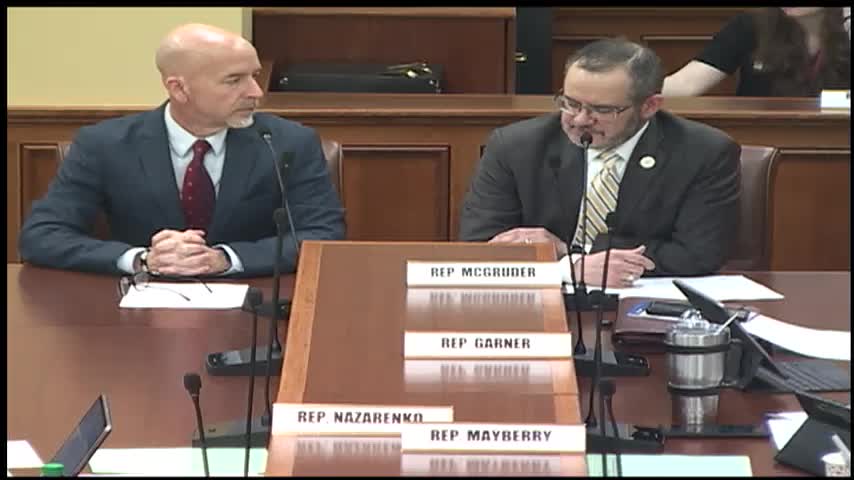Article not found
This article is no longer available. But don't worry—we've gathered other articles that discuss the same topic.
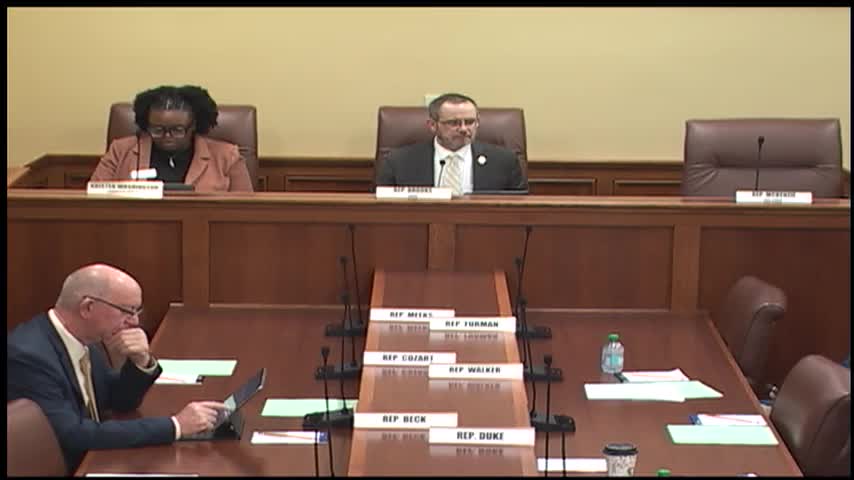
House committee advances bill requiring Arkansas universities to disclose large foreign gifts and contracts
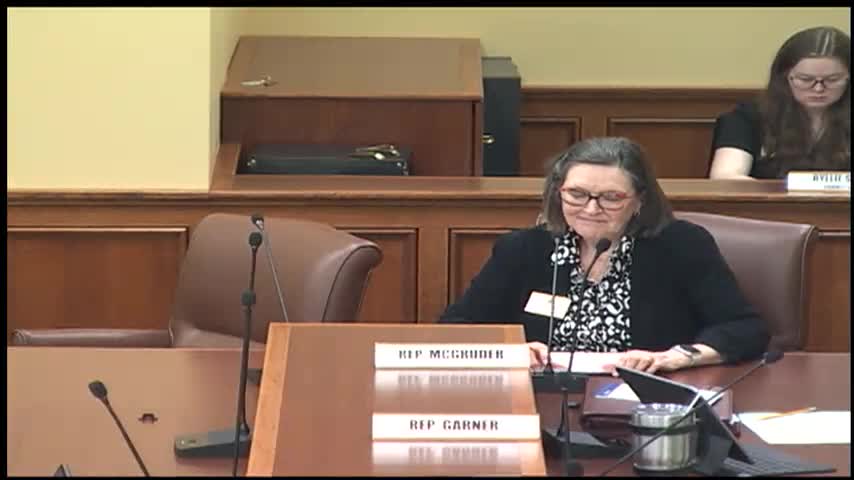
Sponsor pulls bill on teacher protections, interim learning environments to revise with stakeholders
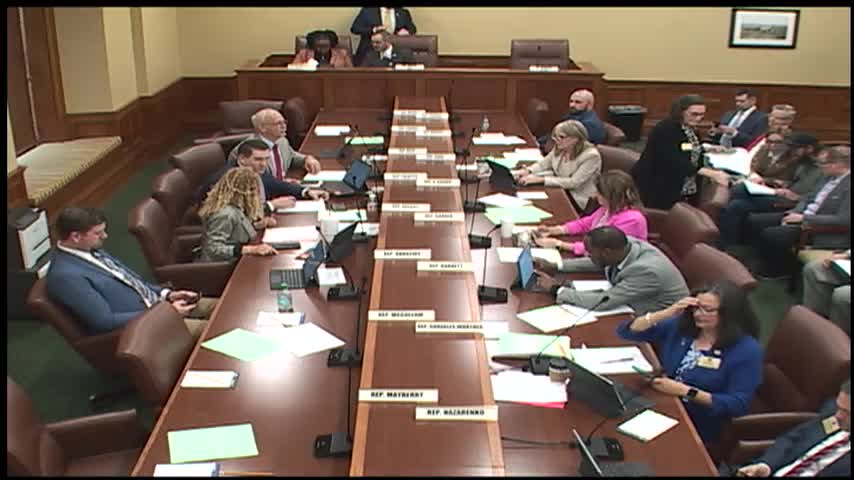
Sponsor pulls bill amending Military Child Transition Act after veterans group raises concerns
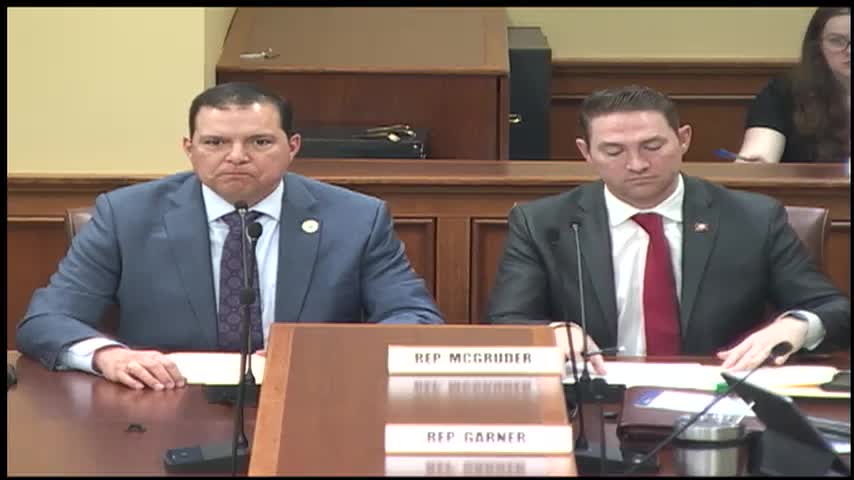
House panel approves Senate bill barring certain agricultural research partnerships with prohibited foreign entities
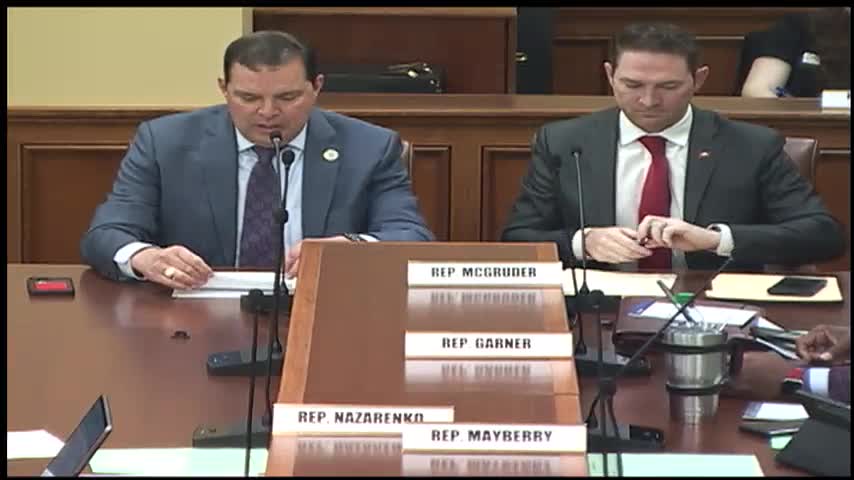
Committee hears companion bill to let private‑school students join local public school activities under conditions
